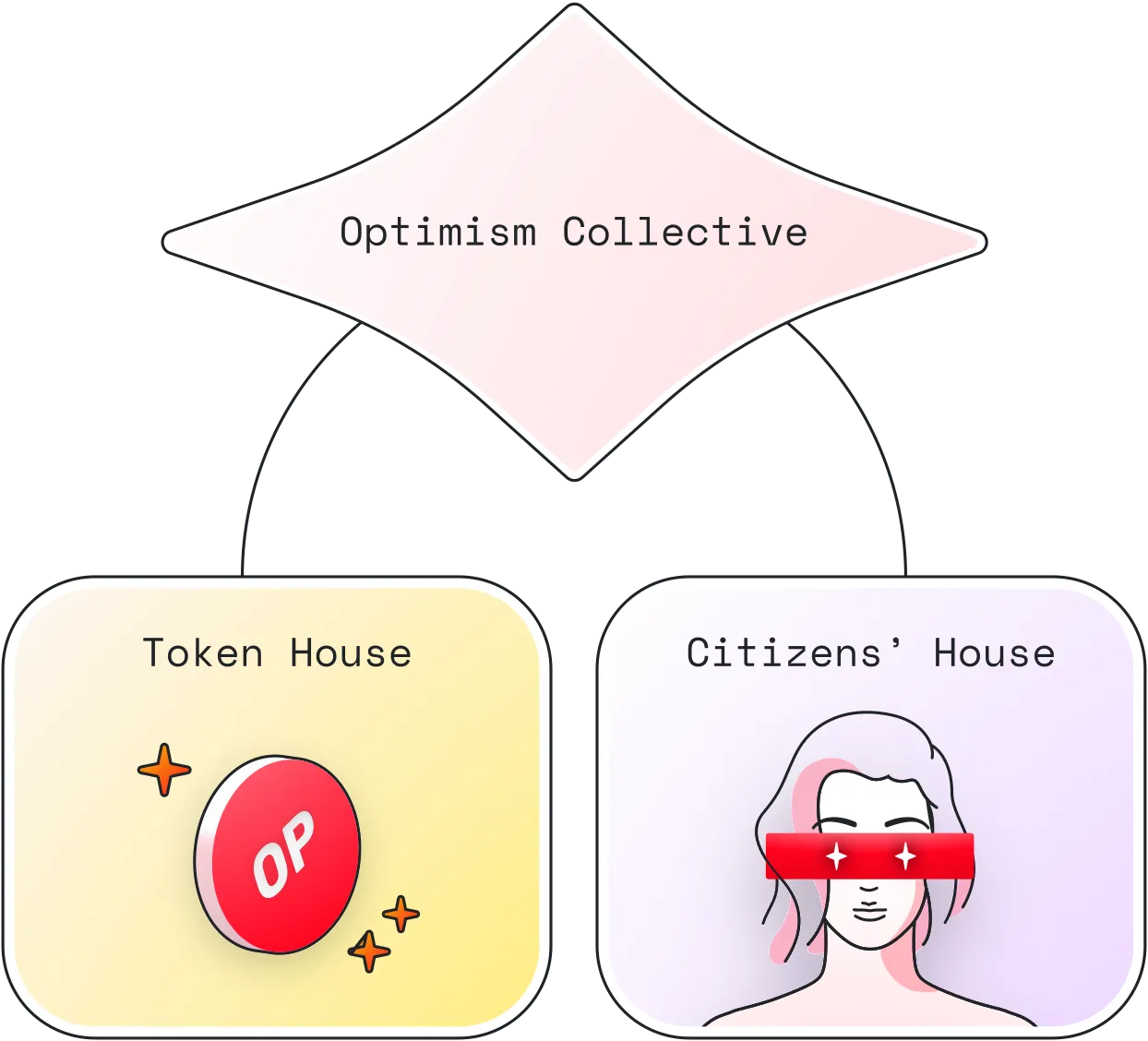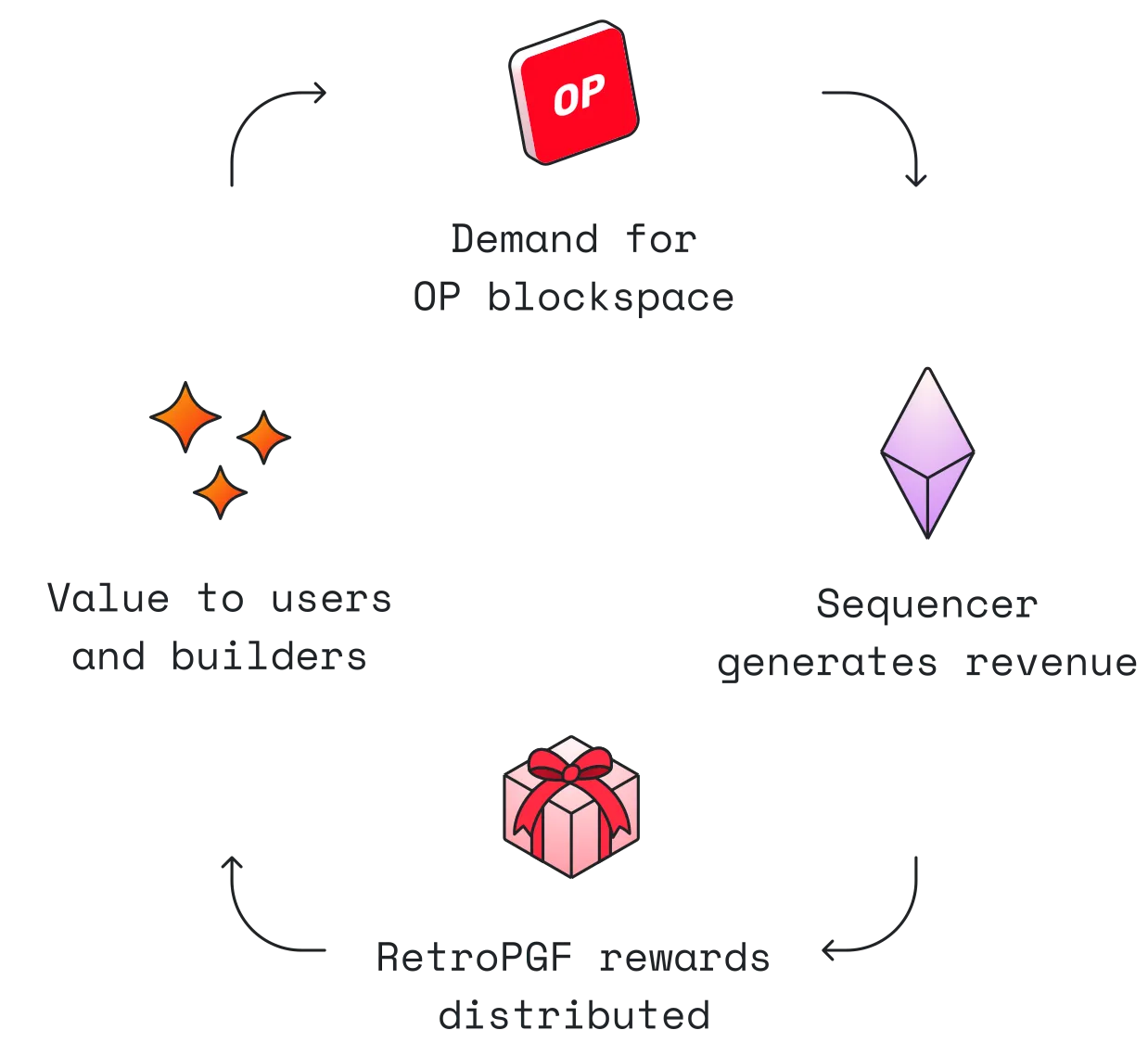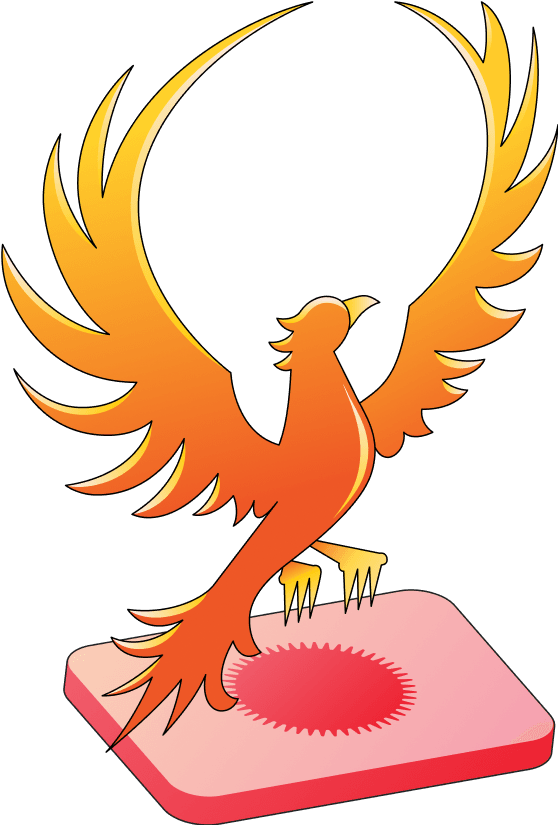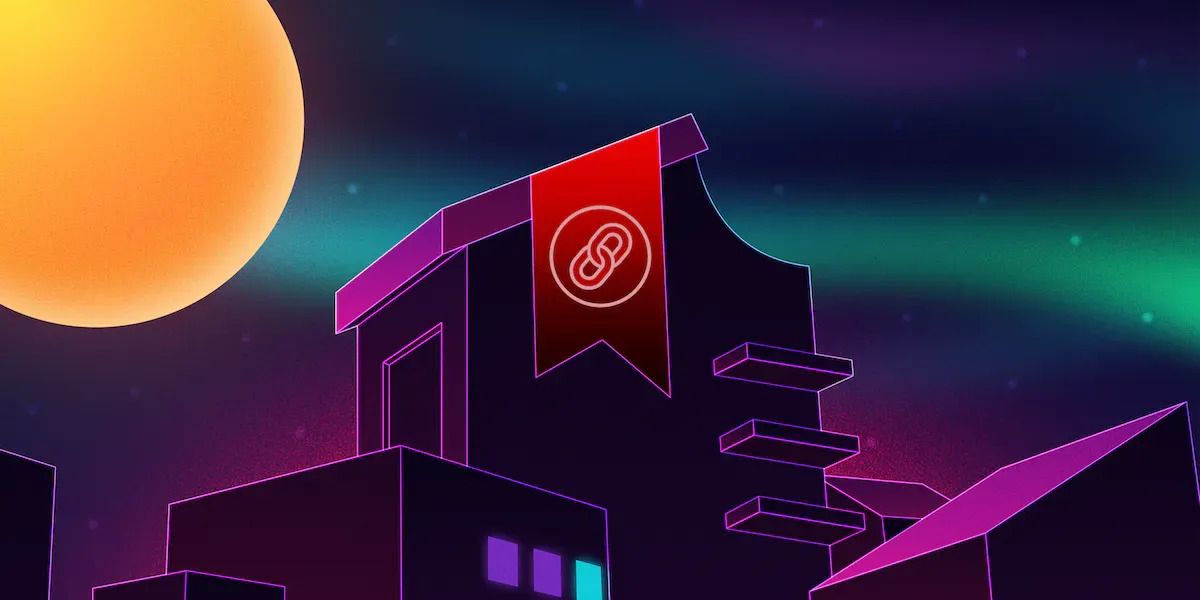If you've landed on this page, chances are you're not just dipping your toes in web3; you're actively working on or planning to build something substantial. You've probably heard that Optimism offers a variety of grants to support such endeavors. But wading through the sea of buzzwords—'public goods', 'optimistic vision', 'RetroPGF', 'Optimism Collective'—can be as daunting as decoding a foreign language. Don't worry, we're here to translate it all for you.
In this guide, we'll first get acquainted with Optimism and what it's all about. Once we have a solid grasp, we'll dive into the diverse grants available.
If you find yourself needing a bit of guidance, don't be shy! Drop me a DM on Twitter. I've navigated these waters before and am more than happy to point you in the right direction.

Optimism 101
OP Mainnet vs Optimism
First off, let's get our terminology in sync, or as the French would say, 'accorder nos accordéons'.
Optimism recently underwent a rebranding. So, when referring to the network (a layer 2 solution built atop Ethereum, granting users and developers the perks of Ethereum's robust security combined with speedier and more affordable transactions), we should really be calling it "OP Mainnet" rather than "Optimism".
When we discuss "Optimism", we're referring to more than just the network. It's a comprehensive term that includes the community of people who work on, improve, and maintain it. In essence, "Optimism" covers the entire ecosystem: the people, the network (OP Mainnet), the technology (OP Stack), and the governance token (OP).
Now that we've cleared that up, let's break down the various components that make up Optimism.
Optimism Governance
Behind OP Mainnet and the OP Stack is, at its heart, a group of dedicated people. The Optimism Foundation, a nonprofit, is central to this effort. It's part of a bigger network of teams, groups, and fans who all want Optimism to thrive. This is what we call the "Optimism Collective". The collective is divided into two main areas: The Token House and The Citizens’ House.

The Token House handles the heavy lifting for governance. They're responsible for introducing, discussing, and voting on different governance proposals. Meanwhile, the main job of the Citizens’ House, currently, is to manage retroactive public goods funding.
Optimistic Vision
Everyone, be it from the Optimism Foundation or the Optimism Collective, is united by the Optimistic Vision. The central idea? "Impact equals Profit". With the substantial revenue from its network (OP Mainnet), Optimism aims to give back to those who add value. Take a software developer, for example, who crafts a handy open-source tool. Optimism is ready to recognize and reward such contributions.
ℹ️ The Optimistic Vision is clear: as user engagement rises, so do transaction fees on the Optimism network. A part of this revenue supports those enhancing public infrastructure. Improved tools increase Optimism's demand, attracting more users and fees, and thus continuing the cycle of reinvestment in the community.

RetroPGF
By now, you should have a basic grasp of what Optimism entails. Before we delve into the available grants and the application process, it's crucial to differentiate between Grants and Retroactive Public Good Funding.
Recall the developer I mentioned, who contributed to the OP Stack with an open-source tool? Imagine all the hours and hard work he poured into creating something free for everyone. He still has bills to pay and a stomach to feed, doesn't he? That's where Optimism steps in, rewarding him through RetroPGF.

In essence, Retroactive Public Goods Funding (RetroPGF) is Optimism's way of financially backing public goods that serve the Collective and more. Instead of betting on future promises, RetroPGF rewards builders for the concrete contributions they've already brought to the table. This encompasses a range of public goods, from open-source software and infrastructure to educational resources and essential utilities.
The Citizen's House is in charge of determining who gets retroactive funding. A select group, known as badgeholders, are elected for this task. About twice a year, contributors can step up and showcase their work. The badgeholders then cast their votes, directing funds to those who've notably benefited the Optimism ecosystem.
So, a heartfelt request to all builders out there: don't limit your view to just Optimism grants. RetroPGF might be right up your alley, and we've got a detailed guide to help you navigate it.
Grants
RetroPGF is great for rewarding past contributions, but let's face it: working for months without pay can be a real struggle. That's where Collective grants come in. They offer financial support for specific projects that you plan to complete down the line.
⚠️ It's essential to highlight that all Collective Grants are disbursed in OP and come with a one-year lock-in period. The only exception is growth experiments grants, where OP can be directly transferred to end-users without any lock-in.

1. Grants Council
The Grants Council consists of community members chosen by the Token House. They distribute small to medium-sized grants every few weeks, termed as "seasons". Operating with a 6M OP budget (at the moment), they primarily assist builders through grants in two main categories:
- Builders Grants: To support builders innovating on novel applications and infrastructure
- Growth Experiments Grants: To support projects with strategies to drive more users on Optimism via novel incentive programs
If you're in the process of creating something groundbreaking in the crypto space, the Builders grants could be just what you need. Conversely, if you've already developed a cool project and are looking to increase its user base, consider applying for a Growth Experiment grant. This type allows you to directly reward your end users with OP tokens. For example, you could offer 50 OP to anyone who completes your course from start to finish.
ℹ️ How to apply?
- The Grants Council processes applications on five-week cycles during regular Voting Cycles. You can reference the governance calendar for schedule and deadlines.
- Watch How to Apply to Grants Council
- When you are ready, apply here!
2. Token House Missions
As a builder, you also have the opportunity to tap into Token House Missions. These are specific tasks or projects suggested by contributors—yes, that includes you! The Token House holds votes to approve these Missions once per Season, which occurs about once or twice a year.
Unlike the Grants Council, Missions cover a wider spectrum of grant possibilities. However, to qualify for a grant under this category, your mission must align with one of the Collective Intents. These Intents are overarching objectives, such as focusing on governance tasks or decentralizing essential infrastructure components like the sequencer.
ℹ️ How to apply?
- Watch How to Submit a Mission Proposal
- You can apply by submitting a Mission proposal on the forum.
3. Foundation Missions (RFPs)
Foundation Missions work like a call-out from the Optimism Foundation for specific projects. For each Mission, there's an OP bounty waiting for you. The idea is simple: you craft what the Foundation outlines, and in return, you're compensated based on the perceived effort it entails. It's an excellent opportunity, especially if you're keen to contribute but don't have a personal project in the pipeline.
You can view the full list of Foundation Missions (RFPs) here.
ℹ️ How to apply?
- Find an open Foundation Mission on the list that you’d like to work on.
- Watch How to Apply for an RFP
- Submit your application by replying as a comment on the RFP’s Github Issue.
4. The Partner Fund
Lastly, the Partner Fund is another grant program (managed by the Optimism Foundation). It's designed for more significant, strategic grants aimed at partners who have already found their product-market fit.
ℹ️ How to apply?
- Apply here! There are no deadlines, applications are processed on a rolling basis.
Wrapping Up
What's holding you back? If you're in need of funding, dive in and apply for a grant. And if you're all set for now, just keep crafting cool projects. You could be in for a pleasant surprise later on with RetroPGF rewards!
Also, make sure to check out these resources:
Got thoughts or questions? Feel free to hit me up on Twitter.

Article by
Maxime ServaisI'm a Software Developer and Tech Writer over at Ethereum Ecosystem. Basically, I make sure everything we cook up is top-notch and awesome!
